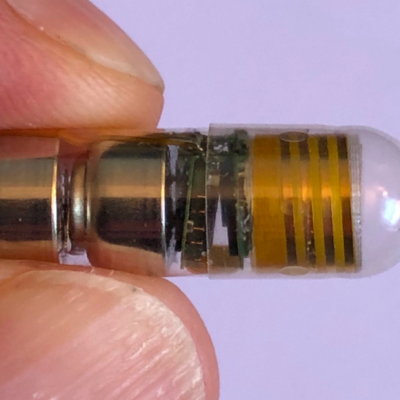A breakthrough in the treatment of celiac disease has been announced by scientists at the University Medical Center in Mainz, Germany. Celiac disease is an autoimmune disorder that affects around 1 in 1,000 to 2,000 people in Germany. It causes a severe inflammatory reaction when gluten, a protein found in grains, is consumed. Symptoms include diarrhea, vomiting, and weight loss, and in the long term, it can lead to severe nutrient deficiencies, cancer, and infertility. Currently, the only treatment is a strict gluten-free diet. However, researchers have developed a new drug, ZED1227, which targets the breakdown of gluten in the body.
ZED1227 works by inhibiting the enzyme transglutaminase-2, which is responsible for converting gluten into an inflammatory and immune-activating form. In a clinical phase-IIa study, the drug was tested on 160 participants with celiac disease who were given 10, 50, or 100 milligrams of ZED1227 or a placebo. The participants were then given a standardized dose of gluten to test the drug’s effectiveness. The study found that ZED1227 significantly reduced the typical symptoms of celiac disease and improved the inflammation of the intestinal lining, despite the participants consuming gluten. The height of the intestinal villi was reduced by 44% compared to the placebo group over the six-week study period.
ZED1227 is the first drug to be clinically proven to treat celiac disease. The drug offers hope to those who suffer from the disease and experience significant discomfort and inconvenience due to the need for a strict gluten-free diet. The researchers plan to conduct a larger study in the fall of 2021 to investigate the drug’s effectiveness in patients who do not experience relief from a gluten-free diet. The drug’s inventor, Detlef Schuppan, believes that ZED1227 will provide celiac disease sufferers with a new treatment option that will significantly improve their quality of life.










